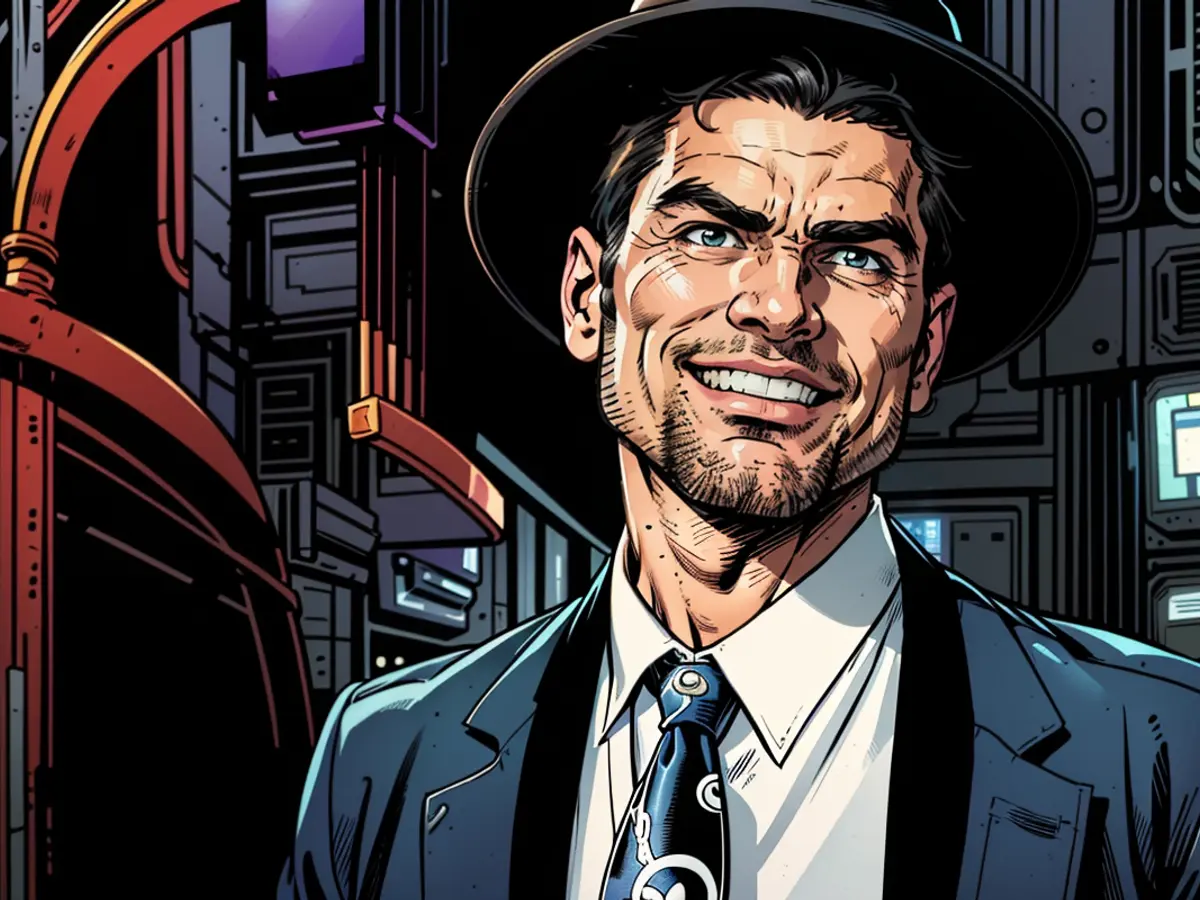- Robert Stadlober's Tucholsky album is inspired by the Goebbels film, referred to here.
Currently, Robert Stadlober is making appearances on the silver screen as Joseph Goebbels, Hitler's propagandist, in the film "Führer and Führer." In stark contrast, this actor and musician has associated himself with a writer who cautioned against the right-wing NS ideology before his time: Kurt Tucholsky (1890-1935).
Recently, Stadlober released the album titled "If we ever stop being cruel, we think we're good." To create this, the Viennese Stadlober (known for "Sonnenallee," "Crazy," "Das Boot") put twelve of Tucholsky's poems to simple melodies, which he then sang and accompanied with his guitar.
Relevant Texts with Soothing Sounds
The relevance of the selected songs is clear. At 42, Stadlober uses Tucholsky to urge more bravery from cultural and media creators ("To the Audience"), to advocate for peace ("National Defense," "It's War"), or to sing against the bourgeois denial of reality ("Carrot and Stick").
Musically, the album lacks the chilling vibe, instead evoking a laid-back garden party feel under the evening sun. The soothing sound that permeates almost every track could be interpreted as a contrast to the gravity of the themes being sung or simply as a scarcity of musical concepts.
From Knef to Lindenberg to Stadlober
Just as you're about to remove your headphones, a few tracks emerge in the album's latter stages that match the poetry in musical intensity. These include "It's War," where Stadlober lets loose with rock tones, and the wintry, subdued track "Where is the Snow?"
And then, Stadlober takes on the challenge of interpreting Tucholsky's poem "Eyes in the Big City," which has previously been musically interpreted by Hildegard Knef and Udo Lindenberg. Knef infused this text about a fleeting eye contact in the bustling city with a jazzy, nocturnal tone, while Lindenberg transformed it into a rock anthem. Stadlober's fresher, more optimistic rendition holds its own – if not surpassing - its esteemed predecessors.
After the album release, positive responses poured in, commending Stadlober for his unique interpretations of Tucholsky's works. Furthermore, the album release event saw a special performance of "Eyes in the Big City," showcasing Stadlober's distinct take on the beloved poem.








